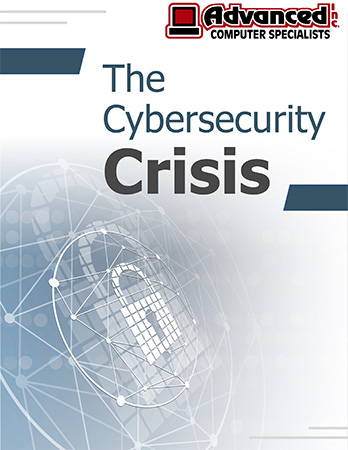
Now, imagine you’re Lisa, the office manager at a busy outpatient clinic in Bourbonnais.
You’ve just set your vacation auto-reply:
“Hi there! I’m out of the office until June 20. For urgent issues, please contact Rachel at rachel@myclinicemail.com.”
Sounds harmless, right?
You pack your sunscreen and head out the door, feeling organized.
Except… that little message you just set?
It’s a gold mine for cybercriminals.
Why Hackers Love Your Vacation Auto-Reply
When you share:
- Your name and title
- How long you’ll be gone
- Who’s covering for you (and their email)
- Why you’re out (“Attending a conference in Chicago…”)
You're giving bad actors the perfect setup to launch a Business Email Compromise (BEC) or phishing attack.
Here’s what usually happens:
The 5-Step Cybercon:
- Your auto-reply hits someone’s inbox.
- A hacker copies it to impersonate you or Rachel.
- They email another staffer pretending to be one of you, asking for a wire transfer or sensitive file.
- That person thinks it's urgent, trusts the sender, and acts fast.
- You come back from vacation to discover $45,000 vanished into cyberspace.
For small businesses around Kankakee, Bradley, Manteno, or Wilmington, this can be devastating.
Who’s Most At Risk?
If your business:
- Has traveling staff or seasonal absences
- Uses a shared email to route client requests
- Relies on someone like Lisa to manage tech decisions while juggling a hundred other things…
Then you're already in the hacker's sweet spot.
It’s not about “if”—it’s about “when” someone sends a fake email that looks just real enough.
How to Protect Your Business Without Going Off the Grid
Here’s how to stay safe without ditching your vacation plans:
1. Keep Your Auto-Reply Vague
Instead of listing names and dates, say:
“I’m currently out of the office and will reply as soon as I return. For urgent needs, contact our front office at (815) 555-1234.”
No titles. No inside info. No extra breadcrumbs.
2. Train Your Team the Right Way
Make it a policy:
- Never act on email-only requests for money or sensitive info.
- Always double-check unusual asks with a quick phone call or text.
3. Use Email Security Tools
Ask your IT partner to set up:
- Anti-phishing filters
- Spoofing protection
- Domain monitoring (so no one can pretend to be “you@yourbiz.com”)
4. Turn On MFA for All Email Accounts
Even if someone’s password gets leaked, multifactor authentication can stop the breach cold.
5. Partner With a Local IT Team Who Monitors Your Systems
At ACS, we specialize in helping small businesses around Kankakee County stay protected—especially when the office is running lean or half your team is out.
We don’t just set up software. We watch for login attempts, flag suspicious emails, and alert you before a little hiccup turns into a $45,000 regret.
Want to Vacation Without the Cyber-Stress?
Let us do a FREE Security Assessment for your business.
We’ll check for weak spots in your email setup and show you how to lock it all down—so you can focus on the lake, not the laptop.
👉 https://www.acsweb.biz/free-network-assessment/
Your auto-reply shouldn’t invite disaster.
Let’s make sure it doesn’t.




